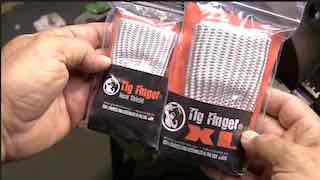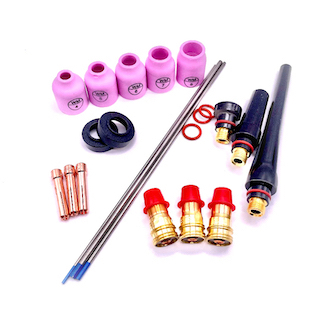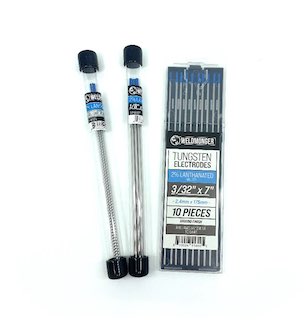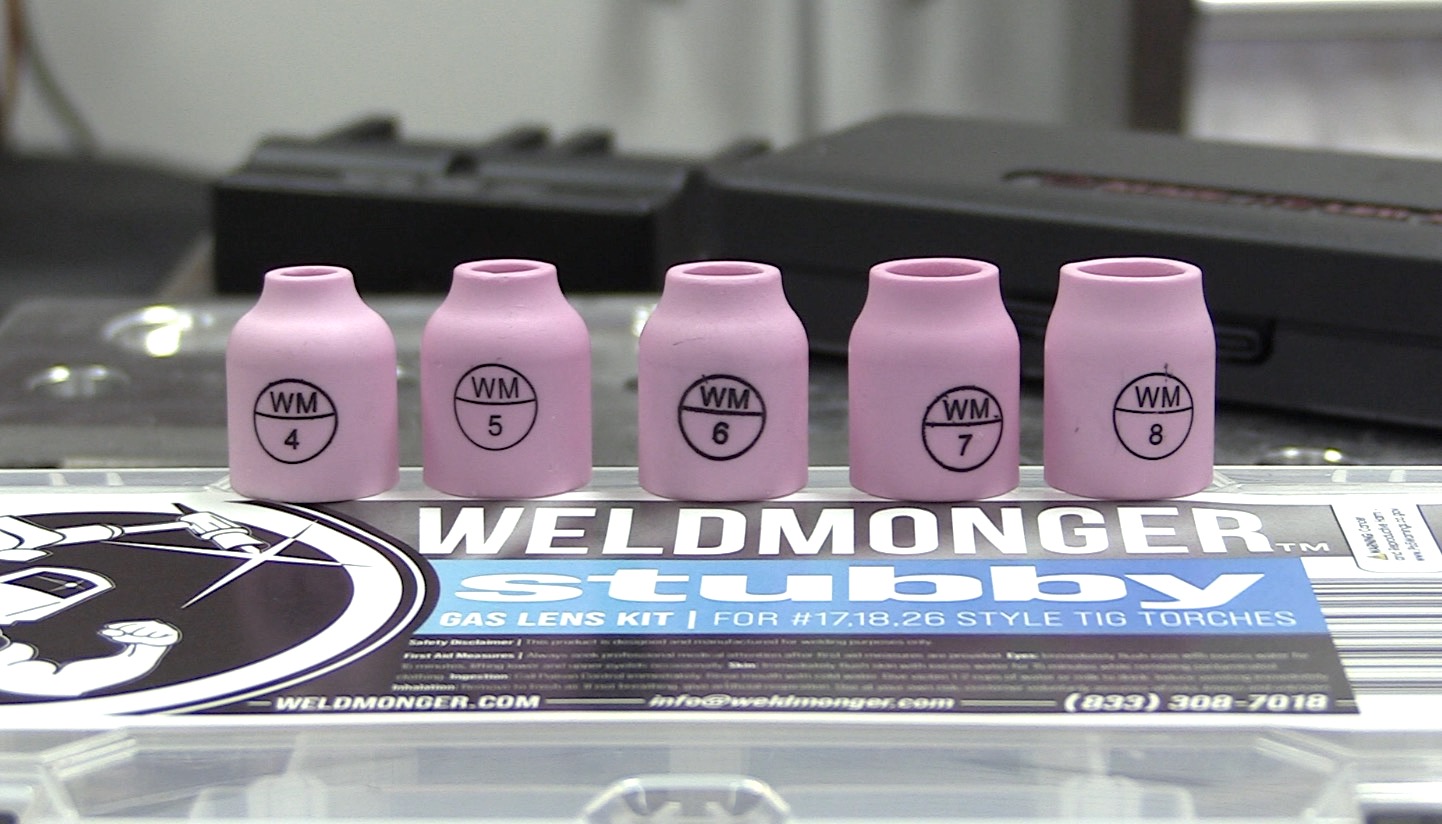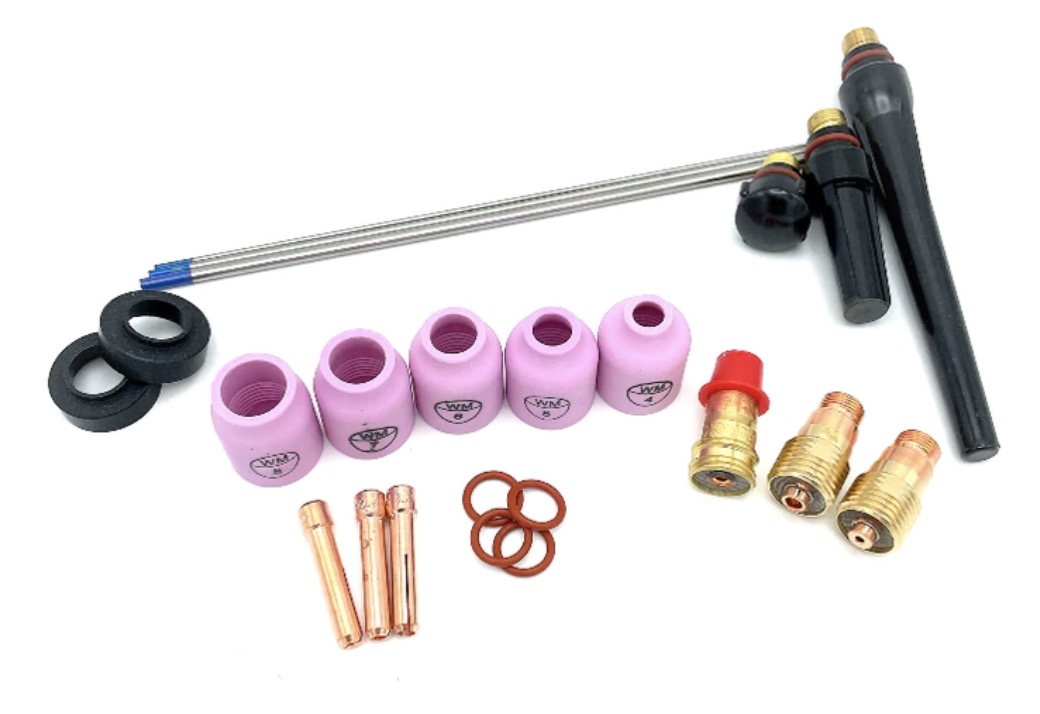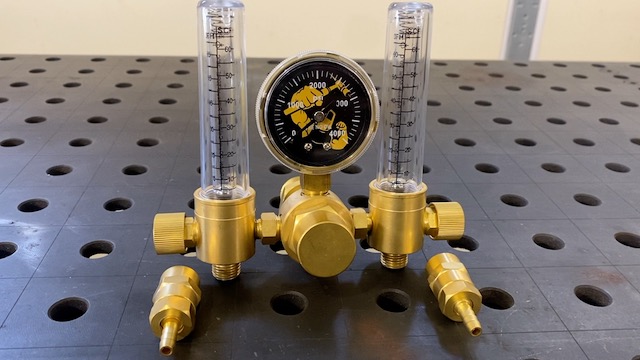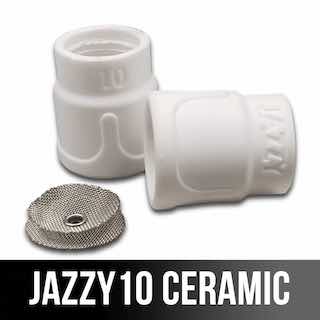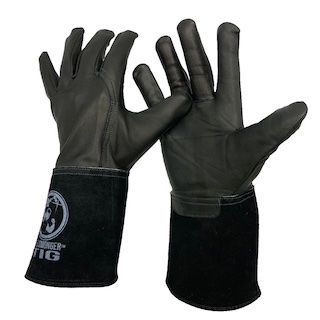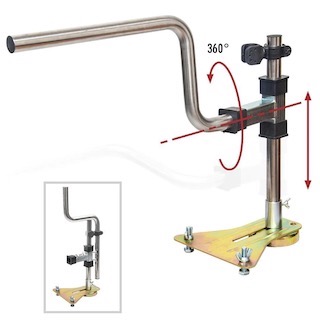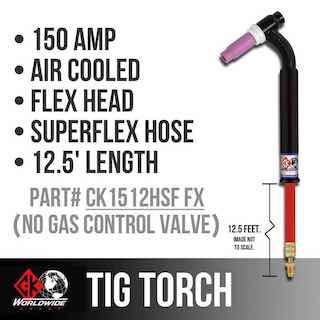Arc Length is The Thing
"All I am saying is that often times when people think they have a welding problem, what they really have is a Cleaning problem."
learn more about the dual flowmeter and cups used in this video, at my store at weldmonger.com
As
I was making this TIG welding video, I was trying to think of the main lesson
that could be learned by showing 3 different metals and 5 different
joints being welded.
The one thing that jumped out at me was arc length.
Of course welding on clean metal is probably even more important ...but given the metal has been prepped and is clean, I think arc length is key.
Maintaining the right arc length is the one thing that seems to make more difference than anything else.
Electrode angle is also important.
shielding the hot tip of the filler rod is important...especially on stainless.
But when you are learning to tig weld, focus on arc length and things will go better for you.
For this video, I showed several examples of each of the 5 basic weld joints.
The way I remember weld joints is with the acronym CLEBT.
CORNER, LAP, EDGE, BUTT, TEE
What is the right arc length?
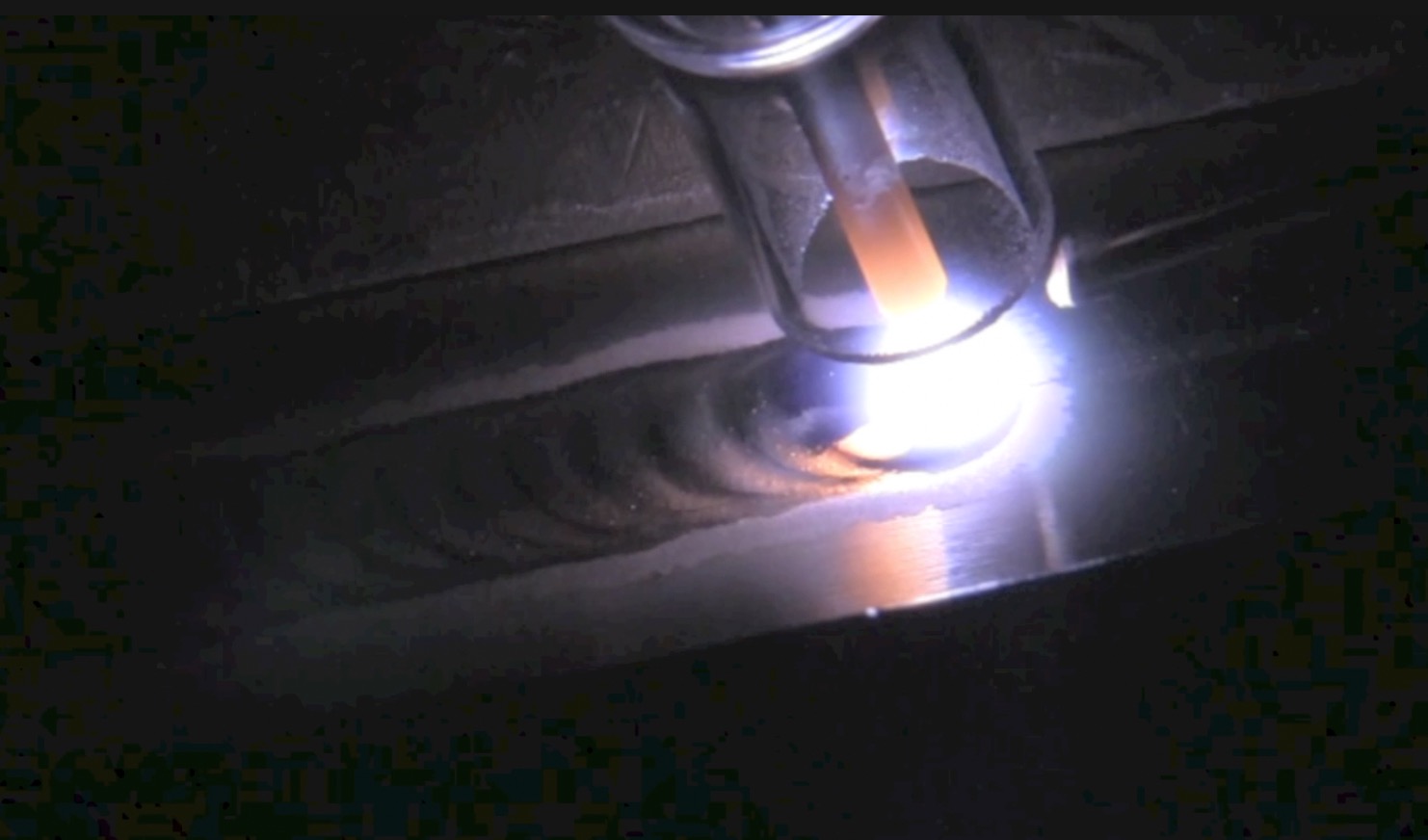
It depends.
The optimum arc length varies with each situation. For example stainless steel seems to like a really tight arc, but if you try to hold too tight of an arc on aluminum, that can result in a lot of sputtering and cleaning of tungsten....
So I generally hold s slightly longer arc on aluminum.
For me, the diameter of the electrode or less seems to be a good rule of thumb...a good starting place that works in most situations.
I am not saying there is one arc length that works best for everyone because I have seen really good welders use a much longer arc than me with great results…and results are hard to argue with.
I remember one particular job in the aerospace world where an .012” patch was welded to .020” 15-7ph stainless.
That job required a super tight arc along with .020” electrodes.
Other things that make a big difference in tig welding
Electrode angle also makes a difference. Fortunately, electrode angle can be pretty forgiving.
But if you get out of scope with an extreme angle, your filler metal can ball up before if ever reaches the puddle and that is not helpful in making a nice weld.
The 3 C's of TIG Welding
Remember the 3 c’s of tig welding
- Clean
- Clean
- Clean
For best results in tig welding…you should be welding very clean metal.
The term I like to use is “clean bright metal”
Clean Bright Metal means all oxides are removed, all oils are removed, all coatings, paint, grit, etc are removed and not just polished over.
I know this is not always possible So I dont want to sound like some Diva who has never welded dirty metal.
All I am saying is that often times when people think they have a welding problem, what they really have is a Cleaning problem.
learn more about the dual flowmeter and cups used in this video, at my store at weldmonger.com




